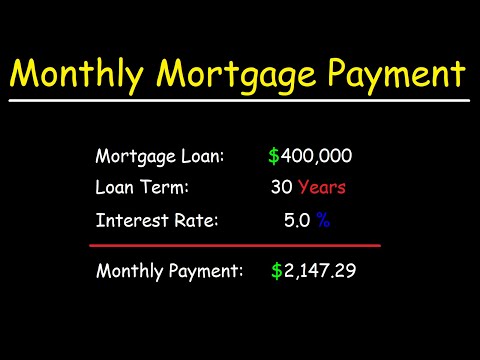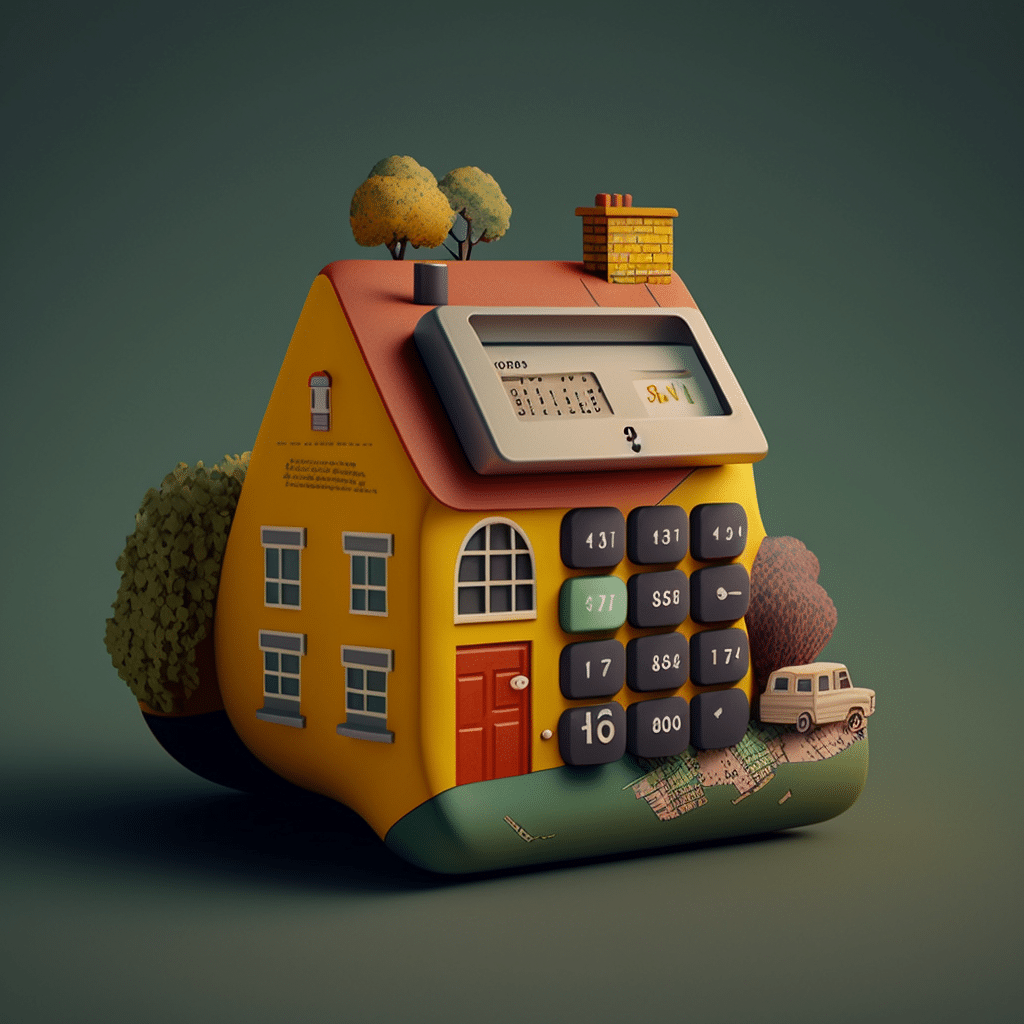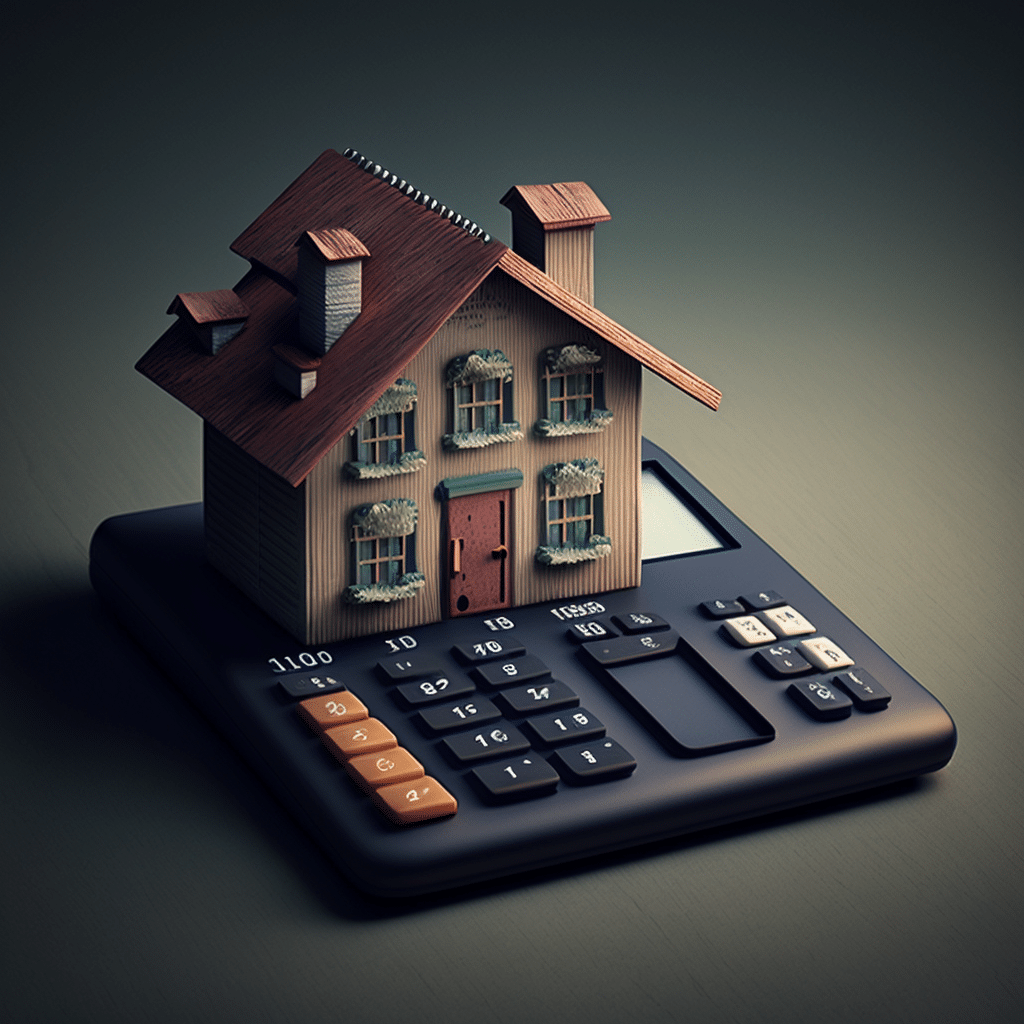Understanding the Importance of a House Calculator
Why You Need a House Calculator
When considering the purchase of a new home, a house calculator can be an invaluable tool. It helps you realistically assess your financial status and anticipate the costs associated with buying and maintaining a home. These calculators take into account various factors such as mortgage interest rates, insurance, property taxes, and maintenance costs, offering a clearer perspective on what you can afford.
Purchasing a home is one of the most significant investments you’ll make. By using a house calculator, you can determine the right price range for your budget and ensure that you’re not biting off more than you can chew. This proactive step safeguards against financial instability and sets you on a sustainable path to homeownership.

How House Calculators Aid in Financial Planning
House calculators ensure that you don’t overextend your budget and help in long-term financial planning. By providing a detailed breakdown of costs, they allow you to plan for future expenses and avoid unexpected financial stress. Having a clear understanding of your monthly commitments and potential future costs enables you to build a financial cushion for emergency repairs, remodeling projects, or market fluctuations.
Perhaps most importantly, a house calculator can help you evaluate your readiness for homeownership. It considers your income, debts, and other financial obligations, giving you a comprehensive picture that will save you from potential pitfalls later on. This systematic approach allows you to align your homeownership goals with your financial capabilities, ensuring a seamless buying experience.

Top 5 House Calculators for Accurate Home Budget Planning
1. Zillow Mortgage Calculator
Zillow’s Mortgage Calculator is one of the most user-friendly and precise options available. It offers:
With Zillow, you can get a comprehensive view of your future financial commitments quickly and easily, helping you stay within your budget while searching for your dream home.
2. Bankrate’s House Payment Calculator
Bankrate offers a comprehensive calculator that goes beyond the basics:
Using Bankrate’s tool, you can get an accurate snapshot of your financial future and adapt as needed, whether that’s refinancing or adjusting your budget.
3. NerdWallet’s Home Affordability Calculator
NerdWallet’s tool focuses on affordability and long-term planning:
This calculator is ideal for individuals looking to balance their home-buying aspirations with their current and future financial obligations.
4. Quicken Loans Mortgage Calculator
Quicken Loans is known for its detailed approach to home-buying calculations:
Quicken Loans offers a transparent and in-depth view of your potential mortgage, enabling you to choose the most favorable terms confidently.
5. Redfin’s Home Affordability Calculator
Redfin’s calculator is ideal for first-time homebuyers:
Redfin’s tool is particularly beneficial for newcomers to the housing market, offering reliable data to guide first-time buyers through their purchasing journey.

| Aspect | Details |
| Housing Expense Guideline | Aim to keep housing expenses below 28% of your monthly gross income. |
| Debt and Housing Expense Cap | Housing expenses plus additional debts should not exceed 36% of your monthly gross income. |
| Spending Recommendation | Most experts recommend spending 25% to 36% of your gross monthly income on housing. |
| Income Example (Annual: $70,000) | For a $70,000 annual salary, a recommended mortgage payment is between $1,450 and $2,100 per month. |
| Max Purchase Budget Calculation | Your max purchase budget is the loan amount that lenders are likely to offer based on your financial details. |
| Example Calculation (@ 5% Down) | With a 5% down payment and an interest rate of 7.158%, to buy a $300,000 home: |
| – Monthly Income Required | $6,644 per month ($79,728 per year) |
| – Estimated Monthly Payment | $2,392 |
| Income Example (Annual: $80,000) | An $80,000 annual salary allows for purchasing a home priced up to around $300,000 if spending no more than a third of pretax income on housing. |
| Factors Affecting Affordability | Factors include down payment amount, existing debts, and mortgage rate. |
Factors to Consider When Choosing the Best House Calculator
Customization and Flexibility
The best house calculator should offer robust customization options, allowing you to input variables specific to your financial situation. Assess whether the calculator considers different loan terms, interest rates, and additional costs like HOA fees or maintenance. Flexibility in these inputs ensures that the estimates it generates are relevant and accurate to your unique financial condition.
User-Friendly Interface
An intuitive and user-friendly interface can make a significant difference, especially if you are new to home buying. Look for a calculator that simplifies the input process and clearly displays the results. A user-friendly design minimizes the learning curve and provides instant clarity on your financial obligations without overwhelming you with complex information.
Real-Time Data Integration
Calculators that integrate real-time data, such as current mortgage rates and local property taxes, provide a more accurate estimate of your financial commitment. This feature ensures that you are working with the most up-to-date information, reflecting the current state of the market and your actual financial landscape.

Enhancing Your Home Budget Planning with Data-Driven Tools
House calculators aren’t just about crunching numbers; they’re about empowering homeowners with the insights needed to make informed decisions. By leveraging the data and analysis offered by these tools, you can navigate the home-buying process with greater confidence and clarity.
Detailed budget planning, comprehensive financial assessment, and leveraging specialized calculators tailored to your needs can lead to a successful and manageable home purchase journey. Investing time in finding the best house calculator ensures you lay a solid financial foundation for your new home, turning your homeownership dreams into a sustainable reality.
If you’re diving into the home-buying process, check out our house buying calculator for the best decision-making tool on hand. Plus, comparing loan options using a house calculator mortgage or house loan calculator right on Mortgage Rater can give you a clear view of your future financial commitments.

Ready to apply? Visit Mortgage Rater now and take the next step towards securing your dream home.
Fun Trivia and Interesting Facts about House Calculators
House History and Your Dream Home
Have you ever wondered what led people to start using house calculators to budget for homes? Historically, purchasing homes like a mansion required lengthy consultations with financial experts, heavy paperwork, and a lot of guesswork. Today, the future in home budgeting seems like a breeze, thanks to sophisticated online tools.
The Difference that Calculations Make
Speaking of sophisticated tools, did you know that understanding home financial calculations can feel as empowering as listening to an inspirational speech? It’s not just about numbers; it’s about gaining confidence and clarity on your journey to homeownership. Strikingly, these calculators pull in numerous variables, enabling users to assess even subtle differences, such as those between the difference between an apartment And a condo.
Credit Scores Matter More Than You Think!
Your Credit Score plays a vital role when using a house calculator. Many aren’t aware, but a slight fluctuation in this score can significantly affect your mortgage rates, monthly payments, and overall budget. It’s like a secret ingredient in a recipe; missing it or miscalibrating it could turn a delightful dish sour. Next time you check your credit score, consider it as an essential part of your home-buying toolkit.
So, next time you use a house calculator, remember, it’s not just a tool; it’s a compass guiding you through the adventure of home purchasing. From understanding property types to appreciating the importance of credit scores, each element comes together to create a coherent, user-friendly experience.

How much house can I afford based on my salary?
To figure out how much house you can afford based on your salary, you’ll need to consider your monthly gross income and debts. Most experts suggest spending between 25% and 36% of your gross monthly income on housing.
How much house can I afford if I make $70,000 a year?
If you make $70,000 a year, you can afford a house with a mortgage payment between roughly $1,450 and $2,100, depending on your overall financial situation. This follows the general advice to spend 25% to 36% of your monthly gross income on housing costs.
How to afford a $300 000 house?
Affording a $300,000 house generally means you’ll need an income of at least $79,728 annually if you have a 5% down payment and an interest rate of about 7.158%. This equates to around $6,644 per month, considering a monthly mortgage payment of approximately $2,392.
How much house can I afford with an 80k salary?
With an $80,000 salary, you would likely afford a home priced around $300,000, as long as your housing expenses stay within one-third of your pretax income.
How much house can I afford if I make $36,000 a year?
Making $36,000 a year means your monthly gross income is $3,000. You should aim to keep housing costs below 28% of that, which would be $840 per month. This might limit your house options but saving for a larger down payment can help.
Can you buy a house with 75k salary?
Yes, with a $75,000 salary, you can typically afford a decent home. The key is to keep your housing-related costs within 25% to 36% of your gross monthly income, ensuring you can manage other financial responsibilities comfortably.
Can I afford a 300K house on a 60k salary?
On a $60,000 salary, it might be difficult to afford a $300,000 house because your monthly gross income is about $5,000. Ideally, your mortgage payment should be less than $1,400. You’d probably need a higher salary or a larger down payment.
What credit score is needed to buy a $300K house?
For buying a $300K house, lenders generally prefer a credit score of at least 620 to qualify for most loans, but a higher score will likely get you better interest rates and terms.
Can you live off of 80k a year?
Living off an $80,000 salary is definitely doable in many parts of the country. It usually affords a comfortable lifestyle, covering essentials like housing, utilities, food, and even some discretionary spending.
Can you live off 50k a year?
Living off $50,000 a year can be tight but manageable with careful budgeting. It might require cutting back on some non-essential expenses and sticking to a strict financial plan.
What credit score is needed to buy a house?
To buy a house, a credit score of 620 is generally the minimum to qualify for most conventional loans. Higher scores can get you better interest rates and loan terms.
Can I buy a house making 40k a year?
Making $40,000 a year might make it challenging to buy a house, especially in high-cost areas. However, with a good down payment and low debt, it is possible to find options within your budget.
Is 80k a year middle class?
Earning $80k a year is often considered middle class in many areas. It usually provides a comfortable living, covering basic needs and some extras.
What is considered as a good salary?
A good salary depends on your location and lifestyle, but generally, anything above $75,000 annually is often considered “good” in most parts of the United States.
What is $80,000 a year hourly?
Earning $80,000 a year breaks down to approximately $38.46 per hour if you’re working a typical 40-hour workweek.
How much can I afford for a house if I make $100000 a year?
With a $100,000 annual salary, you can afford to spend between $2,083 and $3,000 per month on a mortgage. This typically translates to a home price range upwards of about $400,000, depending on your down payment and interest rates.
How much income do you need for a $350 000 mortgage?
For a $350,000 mortgage, you need an annual income of around $92,000 to $105,000 to comfortably manage your payments, depending on your interest rate and other debts.
How much house can I afford on a $50000 salary?
On a $50,000 salary, you should aim to keep your monthly mortgage payment around $1,200, meaning you could afford a home priced around $150,000 to $200,000, with a suitable down payment.
How much house can I afford with a $200 K salary?
With a $200,000 salary, you can likely afford a home priced between $800,000 and $1,000,000, as long as you keep your mortgage payments within the recommended 25% to 36% of your monthly income.



